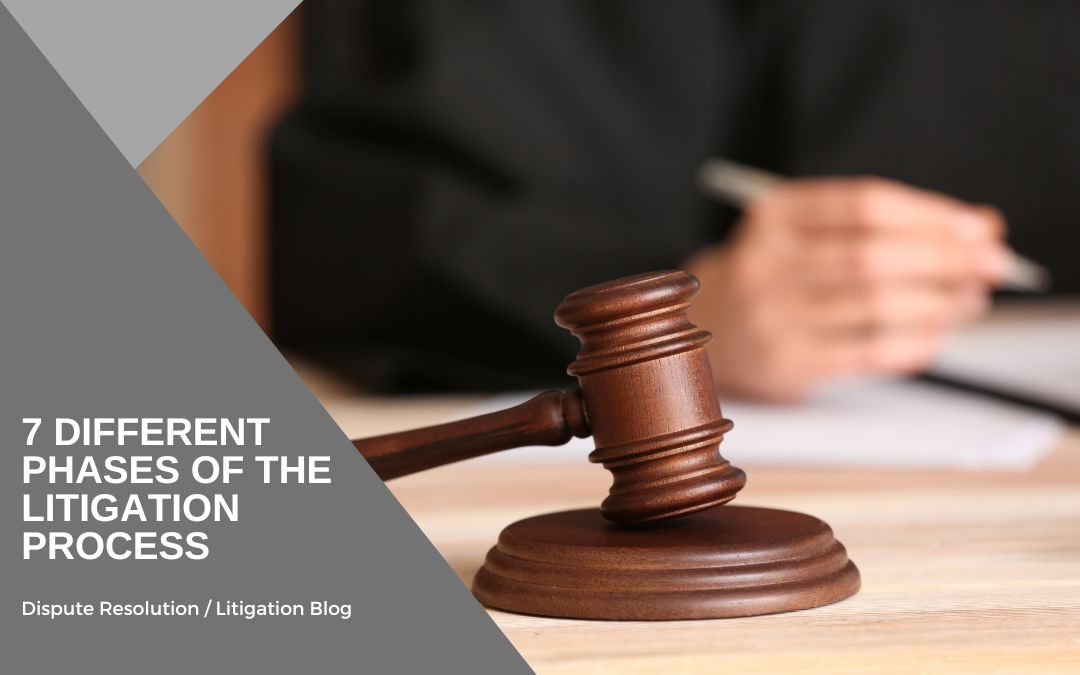Litigation involves several stages. Ideally, you’ll first consult with a lawyer or litigator experienced in the issues you’re facing. They will meet with you for an initial interview to help explore the situation and advise you of your options.
If you begin the litigation process, the main phases will include:
1 – Investigation
This step aims to gain accessible documentation and proof necessary to build the client’s side of the case. It’s sometimes also referred to as the pre-filing fact-gathering phase. This step is primarily handled by the lawyer. It may involve an initial informal investigation of the facts, research into the exact details, informal witness interviews, or hiring a private investigator.
2- Filing the complaint or pleadings
After the initial investigation is completed, a formal complaint is filed with the court. This step initiates the formal lawsuit process. After the defendant answers the complaint, the case moves to the next step — discovery.
3 – Discovery
Each party involved “discovers” as much information as possible about the case. This step involves legal research, document review, interviewing witnesses, depositions, motions, and more.
4 – Settlement discussions
This pre-trial phase involves meetings and negotiations between the lawyers for each side. The goal is to see if an agreement or settlement can be reached without going to court.
5 – Trial
If the case goes to trial, each side will argue their position before the court. A court trial may include a judge or a jury.
6 – Settlement
This is the final outcome of the case determined by the court case.
7 – Appeals
Appeals occur when one of the parties is dissatisfied with the outcome and believes there is a legal reason for the decision to be set aside. The appeal process often takes one to two years to complete.

